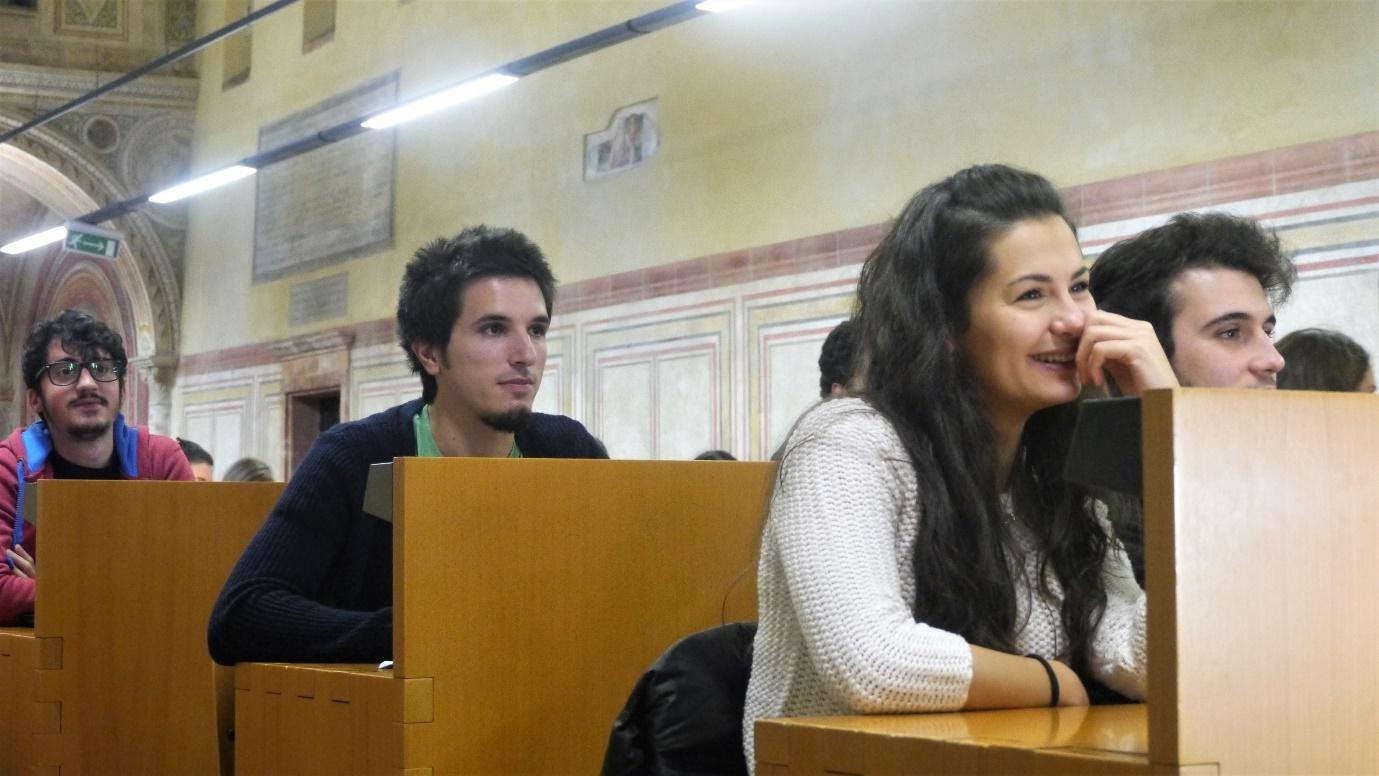
Though students attending MEDI will get the same degree, they may choose from the start between the two curricula. Such a variety of academic options is consistent with the existence in our Department of different groups of researchers sharing common scientific interests, publishing extensively on these topics and occasionally working as consultants for private and public institutions.
Industrial Organization and Innovation curriculum
This track aims at providing students with the necessary theoretical foundations, tools and methodologies for understanding and analysing innovation and competition within industrial sectors. The courses touch on many different areas: economics, econometrics, law, and management. Students will initially acquire a solid background in industrial economics, competition policy and market regulation, economics of innovation and analytical tools and methodologies useful to understand industry structures and the role of innovation in determining industrial dynamics. In the second year, students will have the opportunity to analyse more deeply the functioning of specific industrial contexts (energy industries, digital markets) and/or specific cross industry subjects (intellectual property rights). Learning the specific software required for economic and econometric analysis will also be the object of dedicated Laboratories (LAB).
Career opportunities include the professions of Business Analyst, Data Analyst, Competition policy analyst, moreover graduates can be recruited by Consulting multinationals, Regulatory Agencies, Regulated firms, Energy Industries, Network industries and various firms involved in innovation processes pushed by the digital economy.
See the course synopsis here.
International Development and Economic Policy curriculum
This track aims at providing students with a solid quantitative and theoretical background for understanding and analyzing the economic and social processes driving individual and household decisions and the functioning of markets and institutions in developed and developing countries. The program offers a wide range of courses in different areas of economics, statistics, mathematics and law. Graduates will learn advanced quantitative methodologies and analytical tools while also deepening their knowledge of international markets and the economy of developing countries, from the microeconomics and macroeconomics point of view.
Career opportunities for graduates include professions with strong analytical and research contents within international organizations and multinational corporations, NGO, public or private research centers and international consulting firms.
See the course synopsis here.